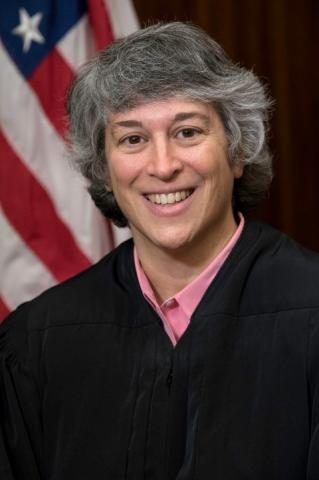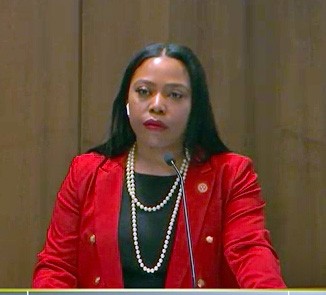Still want to watch PornHub (and other major porn sites) in Tennessee without an ID check? Here’s how: Download a VPN. (We’ll give you some how-to resources below.)
Okay, a VPN may sound a little too complicated or somehow dark-web-ish or law-breaking or something. You can search for porn on social sites like X or Reddit. Easy peasy. (We’ll give you an example of that below, too.)
You probably already know that PornHub and other major porn sites have gone dark in Tennessee. Go to the PornHub site now and you’ll get only this:

That’s Brazzers star Cherie Deville. The actor is also an adult film advocate and ambassador for others in the industry. In the video, Deville explains why PornHub completely disabled access to its site in Tennessee.
”While safety and compliance are at the forefront of our mission, giving your ID card every time you want to visit an adult platform is not the most effective solution for protecting our users, and in fact, will put children and your privacy at risk,” Deville explains in the video.
“In addition, mandating age verification without proper enforcement gives platforms the opportunity to choose whether or not to comply. As we’ve seen in other states, this just drives traffic to sites with far fewer safety measures in place. Very few sites are able to compare to the robust Trust and Safety measures we currently have in place.”
Deville says the best method to protect children from online pornography is to identify users by their devices and limit access on them. So, instead of PornHub shutting off the entire state of Tennessee, parents could restrict access to the site (and others like it) themselves on their children’s phones, computers, and tablets.
Chief United States District Judge Sheryl Lipman in Memphis agrees. (Or, at least she did in a December 30th ruling.)

“Ultimately, (Tennessee’s new porn law’s) most glaring flaw is that it is not the least restrictive means of advancing Tennessee’s interest in protecting minors from pornography,” Lipman said. “If there is a less restrictive alternative that would serve the state’s purpose, the state ’must use that alternative.’ [Here, she was quoting from an earlier decision from a lawsuit involving Playboy magazine.]
“Blocking and filtering controls on individual devices are both more effective and less restrictive than the state’s suppression of speech at the source. These applications are more comprehensive than geography-based age restrictions because they prevent children from accessing harmful content no matter where they go, and they cannot be circumvented with a VPN.”
So the GOP-run Tennessee General Assembly’s law is not the most effective way to protect minors from online porn, say a federal judge and an adult film star. Also, Lipman added in her opinion that VPNs are effective ways to skirt Tennessee’s new law and called them ”available, affordable, and effective.”
This technology is available, affordable, and effective.”
Chief United States District Judge Sheryl Lipman
“These programs often come pre-installed on computers and phones, and some are free to download,” Lipman said of VPNs. “Unlike age-verification requirements at the source, parental controls on a device are highly customizable based on the user’s age and sensitivity — they would not prevent adults from accessing protected adult content, but they would prevent minors from accessing it. This technology is available, affordable, and effective.”
How to get a VPN and back to PornHub With No ID
Now, we’re back to VPNs, or “virtual private networks.” So, VPNs encrypt your internet connection and route it through servers in other physical places. Use a VPN, set it up as you like, and websites won’t know you’re in Tennessee (unless you tell them for some reason).
I’m no VPN expert. But the folks at VPNPro definitely are. They have a full run-down on how to get around Tennessee’s new law with a VPN and unlock those website without an ID. Their in-depth process and VPN recommendations are here.
In addition to the VPN work-around, social media is filled with adult content on sites don’t have to collect IDs because Tennessee’s law says more than a third of a website’s content must be porn to trigger the ID law. That being the case, porn that is on, say, X, is still readily available. As of Thursday morning, users could still find adult videos like this one from Deville herself.


No, we’re not going to give you links.
Take note: The U.S. Supreme Court is set to take up a case about a similar law from Texas next week. If it rules the Texas ban unconstitutional, PornHub could again be open for business in Tennessee without requiring an ID.




